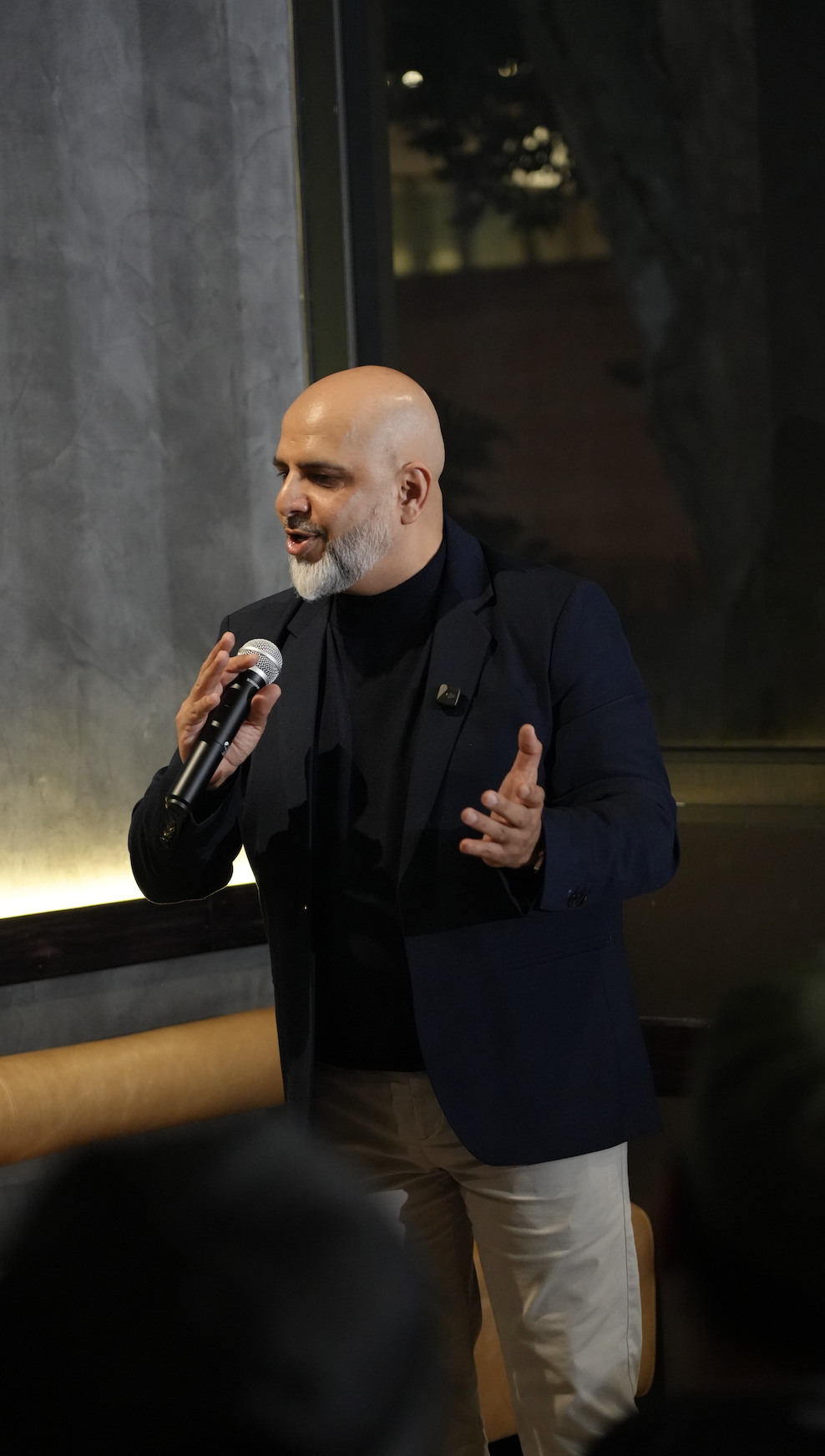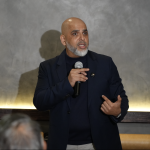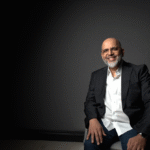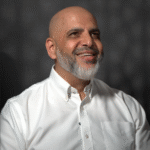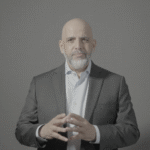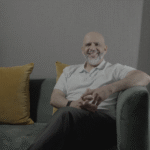Understanding Conditional Judgement
I want to be honest with you—saying you never judge anyone is nonsense. We all judge to some degree. The hard part is becoming aware when it happens. Often, our acceptance or respect for someone is conditional, even if we don’t realize it. The first step to growth is noticing this in yourself and pulling back, seeing people through a clearer, fairer lens.
Unconditional Value Does Not Mean Acceptance of Everything
Many people confuse unconditional value with accepting poor treatment or bad behavior. I’ve had conversations where people think loving or valuing everyone means tolerating everything. That’s not true. You can value someone simply because they are human while still holding boundaries. In a work environment, you can respect and value your team while
holding them accountable for performance. Valuing people does not remove responsibility—it enhances it.
Leading Without Needing Others
A key principle I follow, inspired by John Maxwell, is this: you cannot lead from a position of need. You may depend on others for their skills and contributions, but you should never need them to validate you. If you need validation, you start pandering, avoiding accountability, and softening your leadership when it is most required. This destroys both your effectiveness and the trust others have in you.
The Danger of Seeking Validation
When you need others to make you feel good about yourself, you lead from desperation, not inspiration. You constantly seek approval, and over time, this undermines your ability to hold people accountable. Your team senses it, and it can create tension, resentment, and a lack of respect. True leadership is about guiding others without depending on their approval to feel worthy or capable.
Practical Steps to Lead Effectively
So how do you avoid leading from need? Start by separating practical dependence from emotional dependence. You can rely on people to perform tasks and contribute to the team, but your self-worth must come from within. When you grow your confidence, emotional maturity, and clarity of purpose, you naturally lead from a position of strength. You can hold
tough conversations, give honest feedback, and inspire others without needing constant affirmation.
Conclusion: Lead with Clarity and Strength
Leadership is not about controlling people or being liked. It is about guiding effectively, holding others accountable, and staying clear of the trap of needing validation. When you value people unconditionally, set boundaries, and maintain your self-worth, you create a culture of trust and respect. You lead from inspiration, not desperation, and that is how
meaningful impact happens in any organization.
Dr Imraan Choonara is a global keynote speaker, leadership strategist, entrepreneur, and mentor with nearly three decades of experience empowering individuals and organizations to thrive.
His work has impacted thousands of lives across more than 30 countries—including the UAE, Malaysia, South Africa, and beyond. As a seasoned entrepreneur and business leader, Dr Imraan brings firsthand experience of building and growing ventures, allowing him to speak not just from theory—but from the trenches of real-world business.
A Maxwell Leadership Certified team member, Imraan is known for blending corporate insight with entrepreneurial acumen and timeless human values. He brings a unique energy and clarity to every stage, meeting room, and coaching session, inspiring transformation from the inside out.
If you’re ready to focus on personal growth, strengthen your leadership, or inspire your team, Contact Dr Imraan Choonara to assist. Book a one-on-one session with Dr Imraan Choonara to develop yourself intentionally, or invite him for a speaking engagement to motivate and guide your team toward personal excellence.
Book a One-on-One Session | Schedule a Speaking Engagement
By Dr Imraan Choonara

